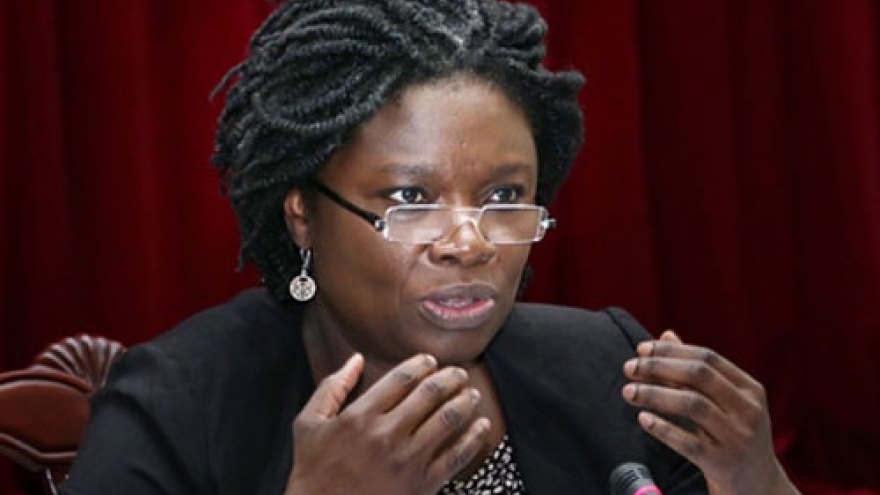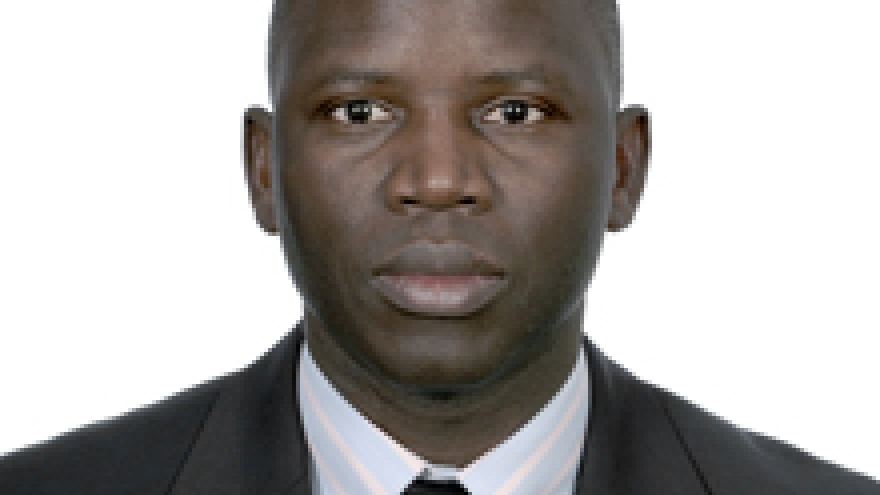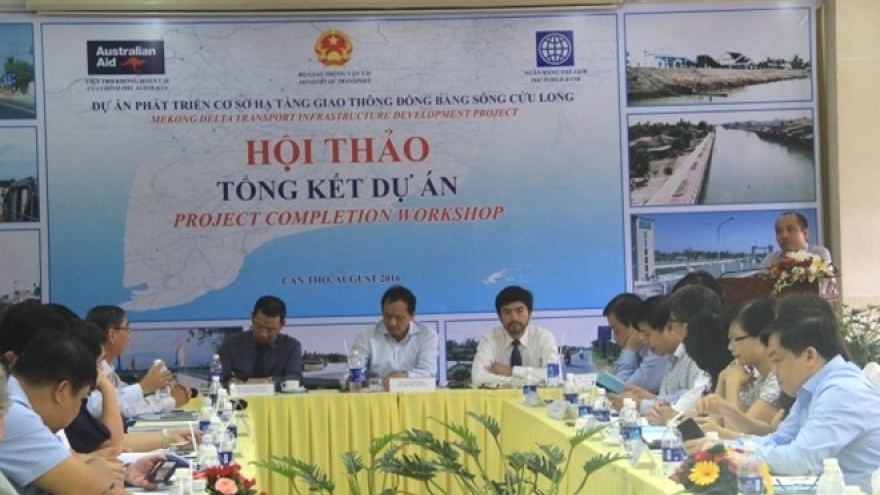WB’s Vietnam Development Report focuses on agriculture
The World Bank in Vietnam on September 27 announced the Vietnam Development Report 2016 themed “Transforming Vietnamese Agriculture: Gaining More from Less,” detailing challenges and opportunities facing the sector.
 |
“Change will help overcome these challenges, ensure the future of agricultural growth, and better meet the expectations and aspirations of the people of Vietnam,” he noted.
According to the report, to remain competitive in the international market, Vietnam needs to improve supply, quality, and food safety with added value. It outlines an agenda of short- and longer-term strengthening of public and market institutions which will be needed to achieve the ambitious goals for Vietnam’s agriculture and overall food system.
The report notes that Vietnam’s agricultural sector has made enormous progress. The country has emerged as one of the world’s leading exporters of agro-food commodities and is among the top five for aquatic products, rice, coffee, tea, cashews, black pepper, rubber, and cassava.
However, the sector is experiencing a low quality of growth, as shown by low profits for smallholder farmers, considerable under-employment among agricultural workers, unreliable product quality and food safety, and limited technological or institutional innovation.
Agricultural growth has mostly involved an increase in cropping areas or more intense use of inputs (such as fertilizers) and natural resources (such as water).
The report offers various policy recommendations to address the challenges. The government can deploy an effective combination of improved regulations, better incentives and streamlined services to stimulate and monitor a greener agriculture and a more effective food safety and consumer protection system.
It can help with policy instruments to better manage agriculture related risks, as well as create and maintain a favorable enabling environment for agribusiness.



